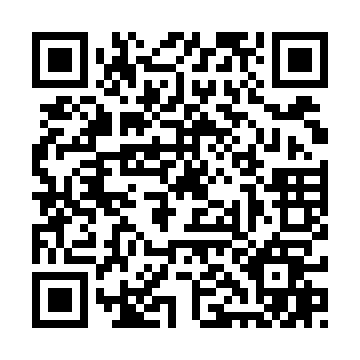Hello, I'm Alexander!
While involved in expanding the business of Language Cafe Mickey House,
I decided to post an article on this blog from today.
First of all, in the field of translation and interpretation,
I would like to add the added value of useful information to everyone.
Please go out with us♪
The purpose of today's article is: Get to know a little more about translation work
Let's look at the misunderstandings 1 to 5 about interpreting and translation in Part 1!
1 Can be a translator if you like foreign languages or have a high score in TOEIC or IELTS
I like foreign languages is a prerequisite for being able to translate, but that alone is not enough. Since translation is a kind of technique, you need to actually try the methods for translating and acquire skills. In addition, a higher level than the level of the world-famous language test is required. I will tell you about this "advanced/super-advanced" in the next article.
2 Translating is an easy task because you just replace words from one language to another
It's easy for people who don't work in a multilingual environment to think, but the so-called "literal translation" hardly conveys it. I think that simple sentences such as "I like you" and "I like you" are still fine, but the reality is that they rarely work.
It can't be translated literally, or it doesn't make sense, or it has a completely different meaning. The translator's skill is to show how the whole meaning can be translated into the target language, except for words and languages. There may be cases where the wording or word order differs depending on the language.
3 Translation market is small and shrinking
In fact, the translation market is currently about 4,000,000,000,000 yen. It also shows about 5% growth every year. There seems to be still demand!
4 Human translators are no longer there due to the development of automatic and machine translation
Certainly, automatic translation such as neurotranslation has been developed, but there are still many inaccurate points... If it doesn't care about the accuracy, it may be fine.
On the contrary, the development of automatic translation is increasing the demand for professional translation performed by humans. Today, it's a world where everyone can easily use automatic translation with services such as Google. The more you use it, the more users of automatic translation become aware of problems with automatic translation.
Then, you will leave the important contents to a professional translator.
5 English is a common language, so you don't have to translate it into other minor languages.
The rate of English speakers around the world is declining, but it is certainly still the common language in the world. Especially on the internet, 30% of people use English.
I think this is interesting information for readers who are doing online business, but it seems that if you can check the site in your native language instead of English, you can trust the brand more and it is relatively easy to buy.

English is not absolute, and people often feel reassured when communicating in their native language.
What did you think?
Tomorrow I will post about the remaining 6-10 misconceptions.
We will deliver "added value to people" as our motto.
In addition, LINE@ regularly offers added value and challenges English. If you are interested, please scan the QR below or register from the link below.
It might be okay to tell a friend, family member, or colleague who might be interested♪![]()










